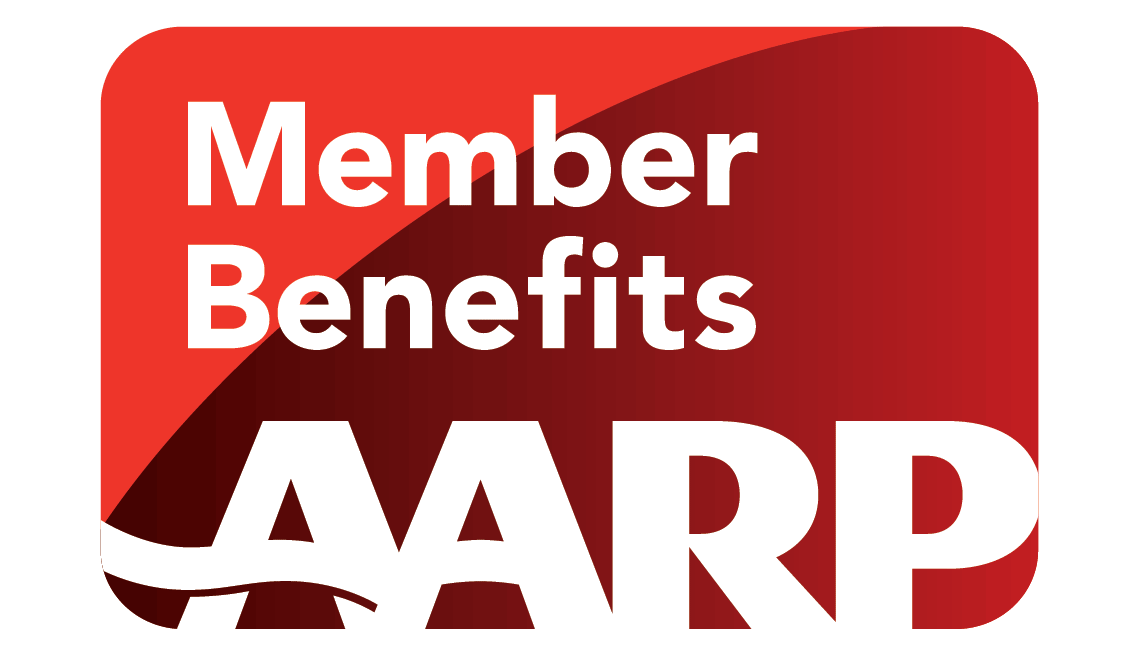
- Select a language for the TTS:
- UK English Female
- UK English Male
- US English Female
- US English Male
- Australian Female
- Australian Male
- Language selected: (auto detect) - EN
Play all audios:
Khan now expects that having cheerfully been expanding his empire he will be forced to retreat. Already the bailout at Transport for London has meant he has been forced to surrender a degree
of control. It is rather like the Labour Government in 1976 when the IMF came in and imposed conditions, ordering Jim Callaghan and Denis Healey to make spending cuts. The Mayor says that
the Greater London Authority group (which includes the police and the fire brigade as well as TfL and various development bodies) “faces a forecast £493m budget shortfall over the next two
years as a result of an unprecedented loss of business rates and council tax income”. If he scraps bus routes and closes police stations while leaving the City Hall bureaucracy fully bloated
then he can expect a degree of criticism. That would apply even if the buses had trundled along virtually empty and visits to the police stations were rare. Perhaps by taking a pay cut the
Mayor has shown some sensitivity on this point and may also slim down his army of flunkeys. It is also welcome that Khan’s example will prompt others to be challenged. If local authorities
are cutting back, should those cuts not include councillor allowances — including the “special responsibility allowances” to council leaders? We have nine million workers “furloughed” on 80
per cent of their earnings. It is feared that in the coming months many will be unemployed. Is it right that MPs should have continued to be paid their full salaries, despite a reduced
workload in terms of Parliamentary and constituency visits? Back in 1909, the debate was over whether MPs should be paid at all. Sir William Bull, Tory MP for Hammersmith, in 1909 said it
was a bad idea. “I believe that if a careful account were taken of all the labours performed in this world, the labours of a father on behalf of his children, the labours of the mother, the
brother, the sister, and friends, and all the various work that is done in this world on behalf of our fellow creatures, I think you would find the balance would be in favour of the work of
the world which is done for love,” declared Sir William. “Why are you going to stop that? Why are you going to start this payment of Members?” He predicted the next thing would be that local
councillors would be paid. Sir William warned of “a very distinct class of professional politicians, who outwardly avows the fact that he goes into Parliament for what he can make.” Can we
confidently claim that these warnings proved altogether unfounded? Khan has been a disastrous Mayor. If he was a chief executive of a business he would surely have been ousted long ago by
furious shareholders. In that context, the acceptance of lower pay might be acknowledged rather grudgingly, even before the new “austerity” era kicks in. Yet our democracy will thrive if the
belief in public service is restored. Voters need to be confident that their elected representatives have the right motives: that our politicians might have the wrong policies or do a poor
job of implementing them, but at least they are inspired by duty. That might seem a distant goal. It might also appear unrealistic to have unpaid councillors, let alone MPs serving without
salaries. But the Mayor of London has made a tiny step in the right direction. For that, he should be applauded.
:max_bytes(150000):strip_icc():focal(999x0:1001x2)/Billions_series-finale-102623-4-52eb196cc3934304b8c4d61e9b737a29.jpg)





:max_bytes(150000):strip_icc():focal(710x0:712x2)/gettyimages-893171024-1-2000-f543e5d481204de8873cef6643669274.jpg)
